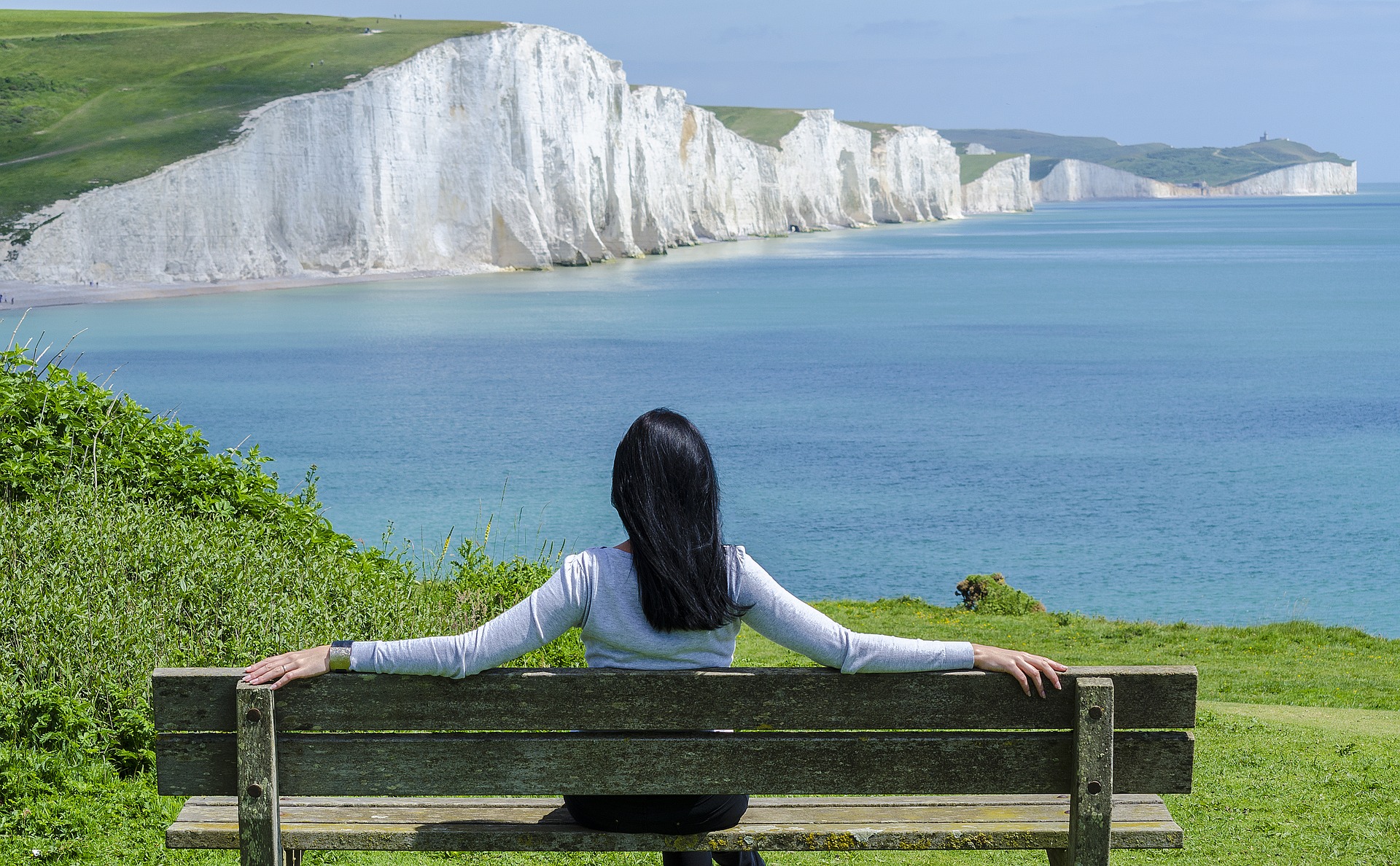People love to travel – it expands your horizons and lets you get to know other cultures while helping you lose the stress of your everyday 9-to-5 job. However, it came as a real surprise that a recent Integrated Sustainability Analysis supply-chain research of the University of Sydney determined that the carbon footprint of tourism on the environment is four times as high as was previously thought.
Therefore, people are increasingly aware that they need to change their traveling habits in order to reduce the harmful effect on our planet. This responsible kind of travel is called ecotourism and is becoming more and more popular. Here are a couple of principles you can follow if you want to become an ecological tourist.
Do not fly

It turns out that airplane fuel has the biggest carbon footprint since it produces the most CO2, a greenhouse gas that increases the temperature of our planet. The EU reports that greenhouse emissions increased by 87 percent from 1990 to 2006.
If we were to use other means of transportation, like trains or fuel-efficient, hybrid or electric cars, the environment would benefit greatly.
Pack light
If your luggage is lighter, the fuel efficiency of the plane you are traveling on increases. Furthermore, if you pack things that can easily be washed in a sink or similar container, avoiding the hotel laundry service that wastes a large amount of water.
Conserve water

Try taking short showers instead of filling the tub. Furthermore, turn off the tap while you are brushing your teeth and choose hotels that have installations that are designed to preserve water.
Conserve energy
On a similar note, try to save as much energy as possible while in your hotel room. Turn off the devices you are not using, and turn off the electricity when you leave your room. If you can reuse the linen and towels, do so – the hotel services waste a lot of energy on washing, plus use a lot of polluting chemical substances.
Recycle

Do not use single-use water bottles – instead, get a quality reusable water bottle and just fill it up whenever you need. If the country has a recycling system in place, honor the rules for trash separation. If they don’t, try to buy products with biodegradable or reusable packaging.
Smart buying
Buy goods from local producers, thus reducing the number of miles products need to be driven in order to reach the store. Always read the labeling on the products and choose the ones that implement sustainable and eco-friendly practices.
Therefore, there are no excuses why you wouldn’t try out ecotourism on your next trip.

